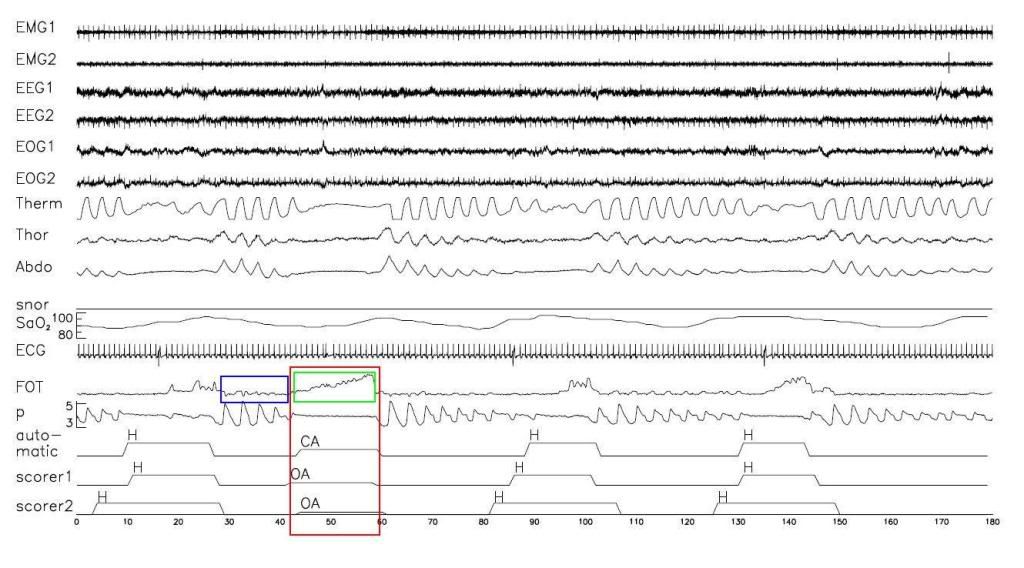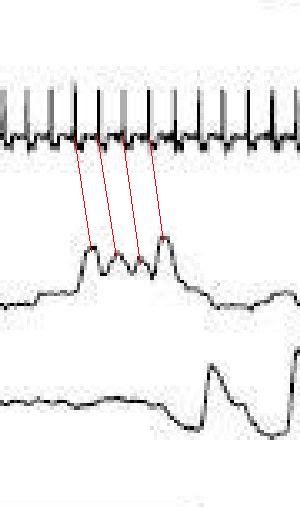Thank you for that post, -SWS. I think I need to hear that on a regular basis. I assume a lot of others do too. And you put it so perfectly that hopefully it will stick in my brain as the important reminder that it is. Posts like that keep me coming back to this forum again and again.-SWS wrote: Your sleep-related breathing, sleep patterns, and overall health have essentially been broken for quite some time now. And you have probably discovered, as many of us have, that fixing all of that can be more involved than simply putting on a CPAP mask at night.
Some people get lucky and discover that everything falls into place once they learn how to sleep comfortably with CPAP. Others discover that CPAP addresses only the first of those three underlined categories. Sometimes we have to work on circadian rhythm issues or sleep hygiene practices in general to get that second underlined category under control. And some of us end up having to address resulting or interrelated health problems such as thyroid disorders, diabetes, or even sleep-disturbing acid reflux disease for example.
Lastly, we are the sum total of all our energy-robbing health problems---whether they are related to apnea or not. As it turns out pain issues have probably robbed my own sleep and daytime energy even more than sleep apnea did over the years. All the CPAP tweaks in the world will never fix that problem. Nor will expertly ignoring that pain during the daytime fix the broken sleep that goes with that pain during the night. So, by all means, get your CPAP optimized and get your sleep hygiene fixed first. Then, if energy still seems a problem, look beyond SDB for possible explanations. Good luck!
I am confused on the whole heart-oscillations-sensing thingy, though: Does the airway have to be 100% closed for an apnea to be considered obstructive? Likewise, can't an airway be mostly closed (even completely closed) during a central apnea? And if so, wouldn't sensing of heart oscillations all be a matter of sensitivity of the sensing--a matter of degree--depending on each patient's presentation? Or am I missing something very basic? And please don't hesitate to correct me directly if I am. I am not subtly trying to make any sort of point. I am genuinely confused. And I'm admitting it this time.
jeff













